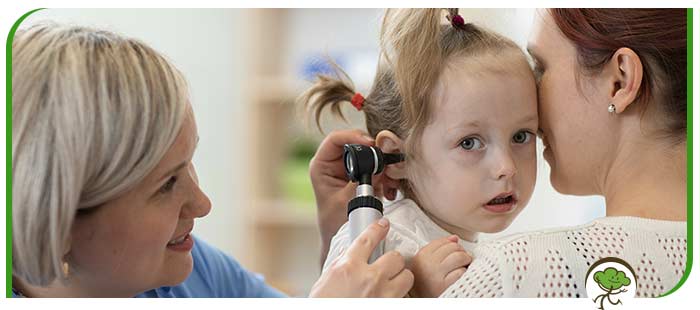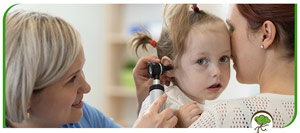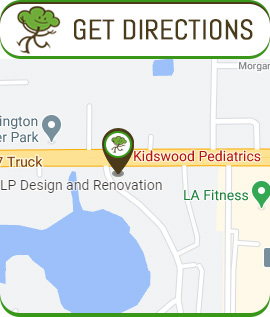Pediatric Hearing Screening in Winter Park, FL
Ensure your child’s hearing health! Pediatric hearing screening is crucial in ensuring your child’s development of communication and language skills. It’s a painless and quick test that can identify potential hearing loss early on, allowing for intervention and treatment to minimize any impact on your child’s learning and social interactions. Dr. Zully Ambroise MD, our board-certified pediatrician offers hearing screening at Kidswood Pediatrics. Contact us today for more information or request an appointment online. We are conveniently located at 1680 Lee Rd. Winter Park, FL 32789.



Additional Services You May Need
▸ Covid Test
▸ Vaccinations
▸ Well and Sick Visits
▸ Newborn Care
▸ Preterm
▸ Sports Physicals
▸ ADHD Screening
▸ Well Child Care
▸ Flu Vaccination

Additional Services You May Need
▸ Covid Test
▸ Vaccinations
▸ Well and Sick Visits
▸ Newborn Care
▸ Preterm
▸ Sports Physicals
▸ ADHD Screening
▸ Well Child Care
▸ Flu Vaccination


